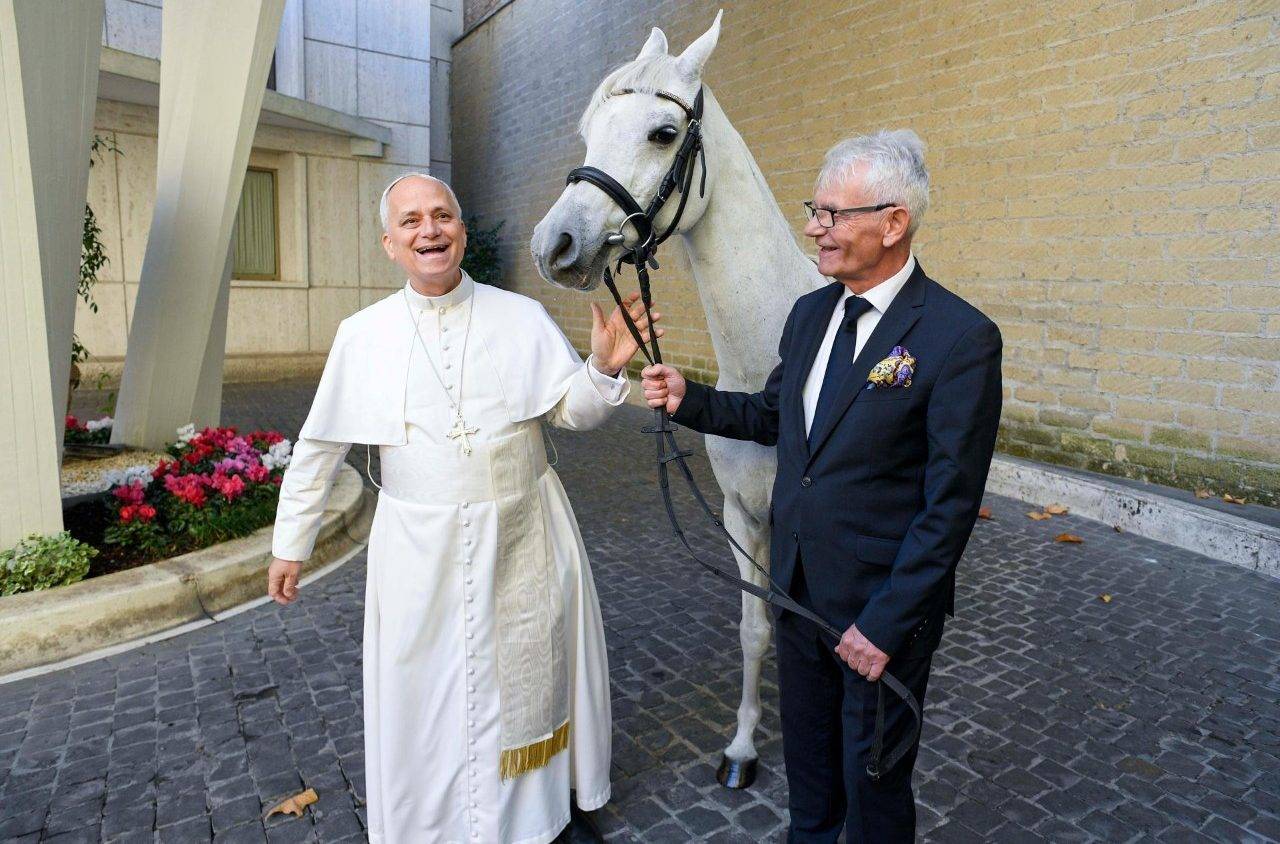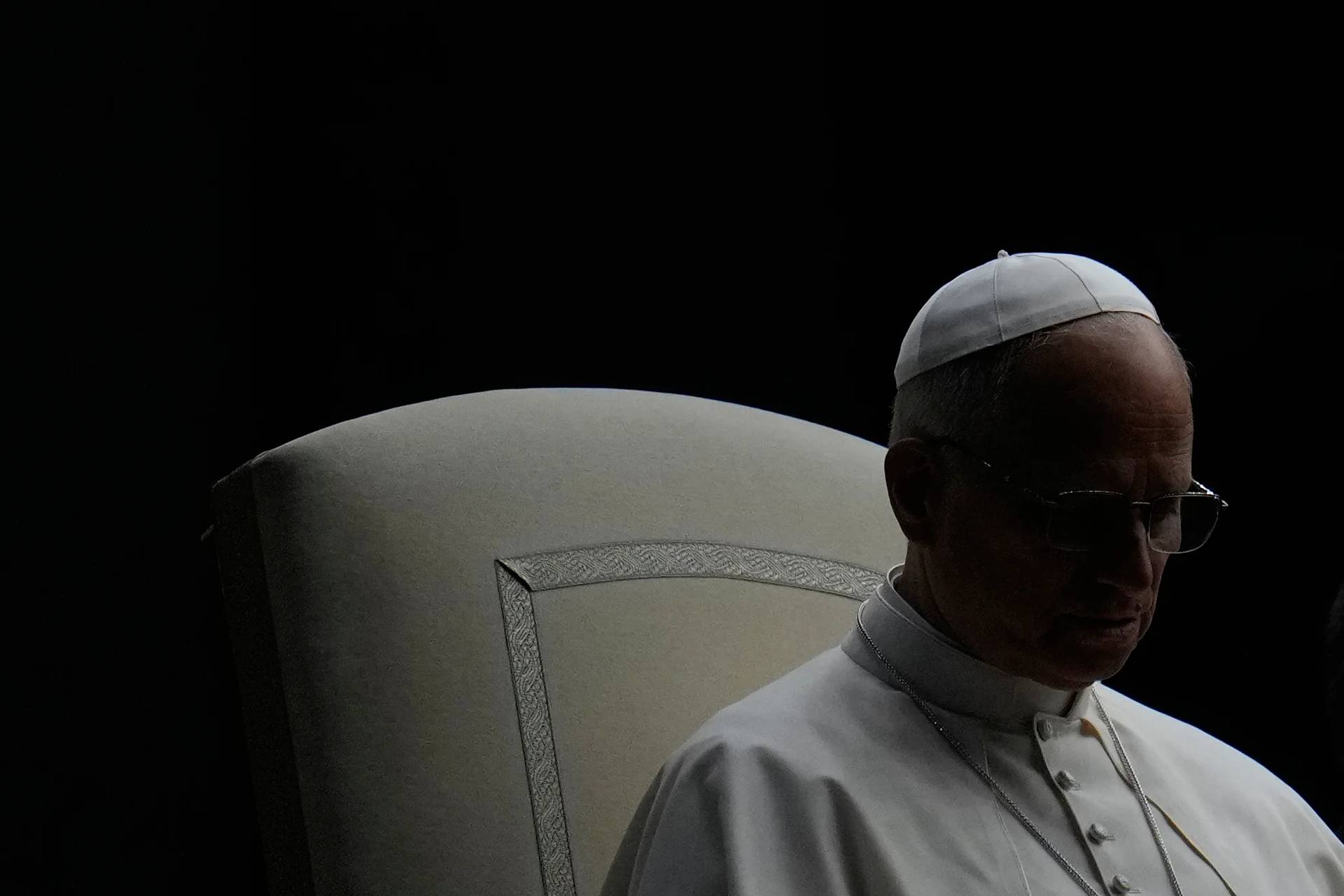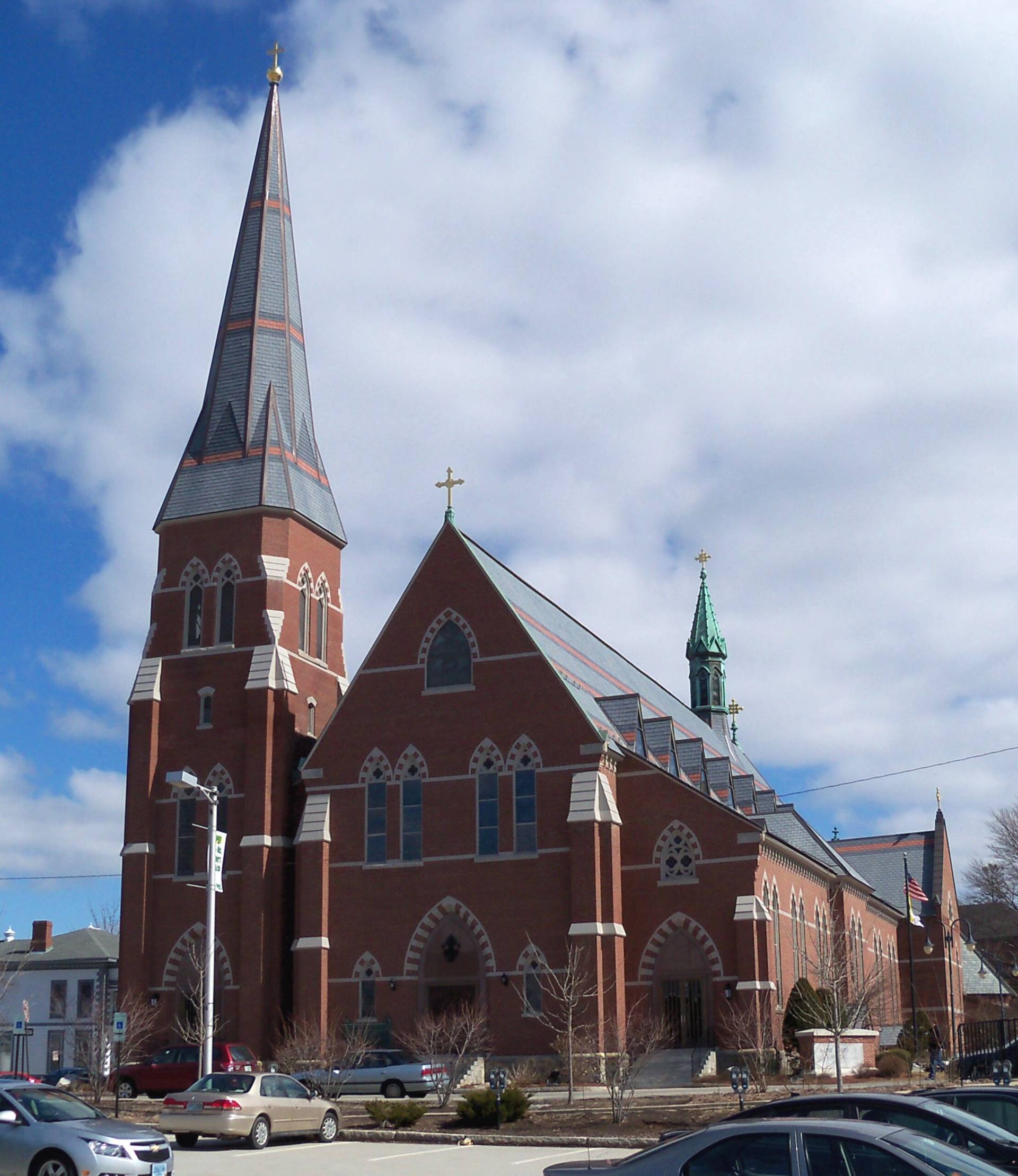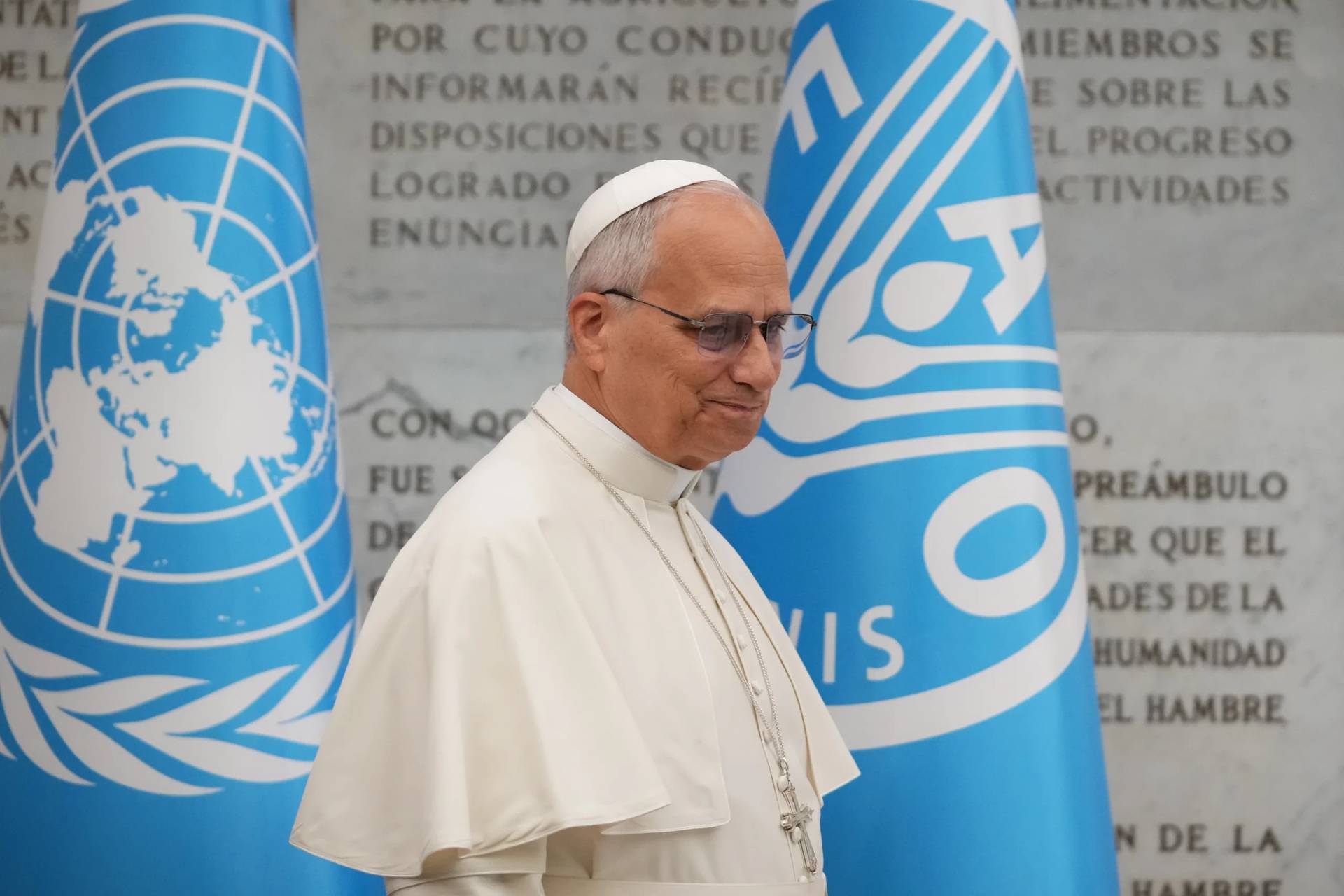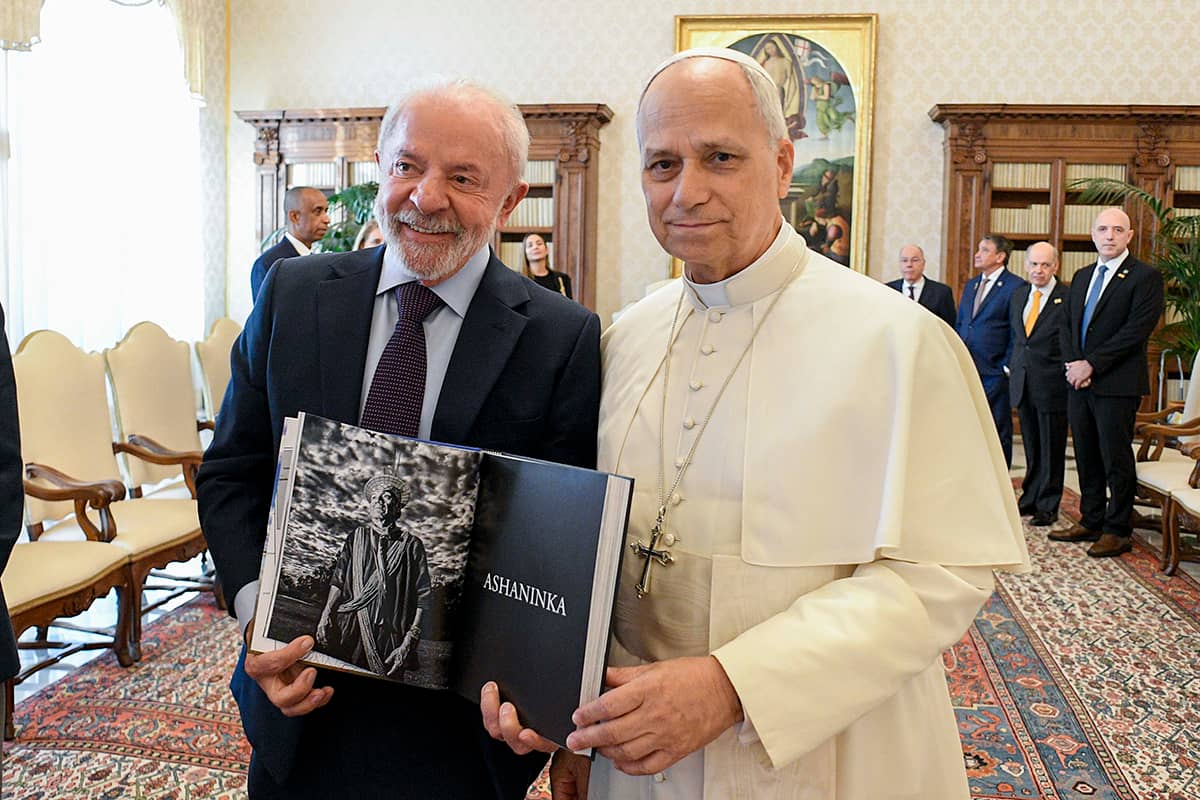“If I wanted to be a violinist, I’d have to practice. A lot.” So Sister Mary Margaret Funk, a Benedictine nun at our Lady of Grace Monastery in Indiana, told me in an interview a few days back. She was comparing mastering the violin to progressing on the spiritual journey.
Unfortunately, both take work. Read almost any spiritual writer and you hear the same admonition about the spiritual path.
Yet one of the paradoxes of modern Catholicism, so often bogged down in politics and culture wars, is how little emphasis it puts on moving beyond surface clutter to find a richer, deeper spirituality. On the other hand, how odd that many Catholics seem to expect a richer, deeper spirituality to develop all on its own if they just show up each week for an hour-long Sunday Mass. And when nothing does develop, sooner or later they may wonder: why bother at all?
Mary Margaret Funk is a well known speaker and retreat leader who’s written numerous spiritual books, including “Thoughts Matter: the Practice of the Spiritual Life” and “Tools Matter for Practicing the Spiritual Life.”
She believes that the right thoughts and tools don’t just matter, but are necessary to the spiritual life. So is a practice that becomes part of a daily routine.
“Our awakening experience has happened. Staying awake is the problem,” she writes in the introduction to “Tools Matter.” We’ve been planted in rich soil, but our soil soon becomes crowded with weeds. “How can we tend to the gardens of our souls?”
This is where it becomes complicated. There are so many choices and practices. Scripture reading. Prayer groups. Meditative prayer practices like Centering Prayer or John Mann’s Christian Meditation or Lectio Divina, a Benedictine method. There’s reciting The Rosary, alone or in communion after Daily Mass. There’s Ignatian Spirituality, Benedictine Spirituality, Franciscan, Carmelite, Dominican, Desert, and Opus Dei Spirituality, to name just a few. There are all types of retreats and spiritual directors with differing directions.
“Tools Matter” offers its own dizzying smorgasbord of practices, from “The Cloud of Unknowing” and its practice of emptiness to “The Little Way” of St. Therese of Lisieux to St. Teresa of Avila’s “Practice of Recollection.”
The point, says Funk, is to explore, find something that fits with you, and then to go deep below the surface in that one practice. “You can’t be digging wells all over the place,” she says.
Finding what resonates will likely take some doing, much trial and error, and maybe even years. But consider what you are seeking. Says Funk, “There is this abiding Christ consciousness that we can really enjoy, that helps us with death and birth and illness and all of life, that is deep and powerful and intimate. When you do get into the spiritual life and enjoy it a bit, you have ways of dealing with all the adversarial stuff that’s really scary if you have no way to deal with it.” Particularly, she says, when “there’s too much bad going on in the good.”
So we can let life pass us by “in bewilderment,” she says, our feet dangling in the air. Or we can be awake and intentional with our feet firmly on the ground.
Has the latter choice made for a happier life? I ask Funk, a nun now for 50 years. “Oh my gosh,” she says, “very happy.”
Most of us know the great lines from the Gospel of Matthew, “Ask, and it shall be given you; seek, and ye shall find; knock, and it shall be opened unto you.”
I think many of us – especially after trauma or a moment when we feel a sense of awe or mystery or oneness with the world – do seek for a while. We may knock a few times as well. But we don’t keep at it, and it’s back to cooking, cleaning, and click baiting on our favorite websites.
Yet every spiritual book I’ve read not only says we’ve got to seek and knock persistently, but also that we are made for a divine relationship. From the Bible to the great saints of the early Church and Middle Ages to the modern-day writers like Thomas Merton, Thomas Keating, Evelyn Underhill, Catherine de Hueck Doherty and the popes, including, most certainly, Pope Francis.
Just as a gardener’s tilling the soil enables flowers to grow and bloom, a regular spiritual practice, writes theologian Martin Laird in “Into the Silent Land,” “enables something to happen in our lives.” Or, if you prefer Mary Margaret Funk’s garden metaphor, a regular practice dries up the weeds so good soil can nurture the soul.
But too busy, too disenchanted, or convinced there’s no no point to it all, we may see little reason to go through so much trouble. We do not come to understand God as the ground of our being, Laird writes, “and we spend our lives, therefore, fishing for minnows while standing on a whale.”








